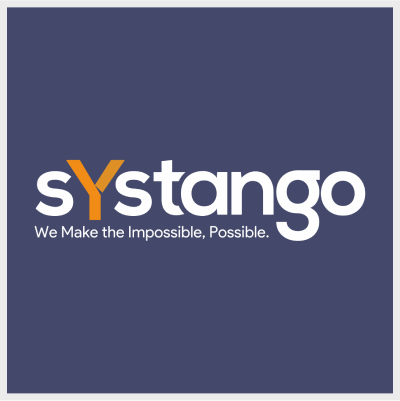499 reads
Trends to Watch Amid the Rise of the SocialFi Era
by
October 10th, 2022
Audio Presented by

Systango is a software studio, transforming businesses digitally with a bouquet of next-gen development services.
About Author
Systango is a software studio, transforming businesses digitally with a bouquet of next-gen development services.
